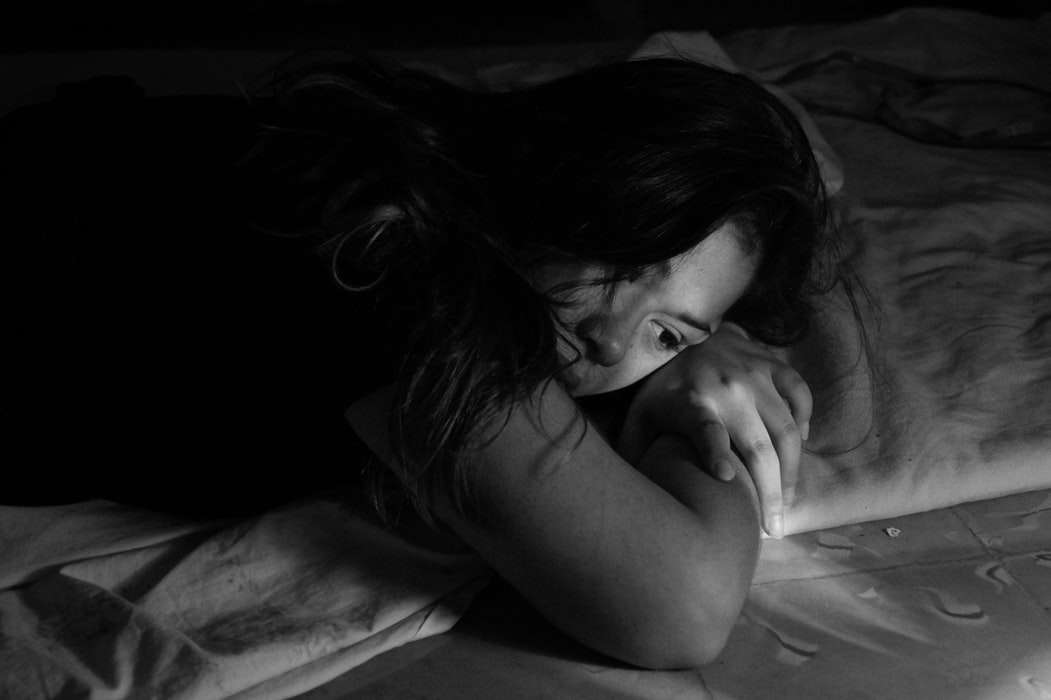
Opinion piece by Stephanie Stone & Toni McFadden.
Last week, I was scrolling through my newsfeed when I came across an interesting title on HuffPost: The Real Consequences of Getting – or Being Denied – an Abortion.
As I was clicking and reading through the article, one thing became clear: HuffPost, through an interview on the Turnaway Study produced by pro-abortion organization, ANSIRH and Diana Greene Foster, denied the countless experiences and testimonies of real women who have been betrayed by the abortion industry. Padded with vague and inconclusive statistics, the study aims to make the lofty and untrue claim that abortion never harms women.
HuffPost reiterates that the study claims, “Abortion did not increase women’s risk of having suicidal thoughts or their chances of developing post-traumatic stress disorder, depression, anxiety, low self-esteem or lower life satisfaction. Nor did it increase women’s use of alcohol, tobacco or drugs. Women who got the abortions they wanted were more likely to have a positive outlook on the future; 95% said abortion was the right decision for them.”
At the end of the interview, Foster calls for more compassion during the abortion debate and listening to women who have actually gone through an abortion; however, none of those stories are included in this piece, and frankly, none are included in most pieces of this pro-abortion nature.
HuffPost hand–selected a study that observed the experience of some and has applied that in a way that suggests no woman has ever been harmed by this invasive and inhumane procedure. Much less, there is no talk about the end result of the procedure being the termination of a human life. There are two problems here. We know that real women have been impacted by abortion in ways the article does not admit or respect. And real lives have been lost. Abortion is devastating. Abortion always ends a human life. And abortion HAS harmed countless women.
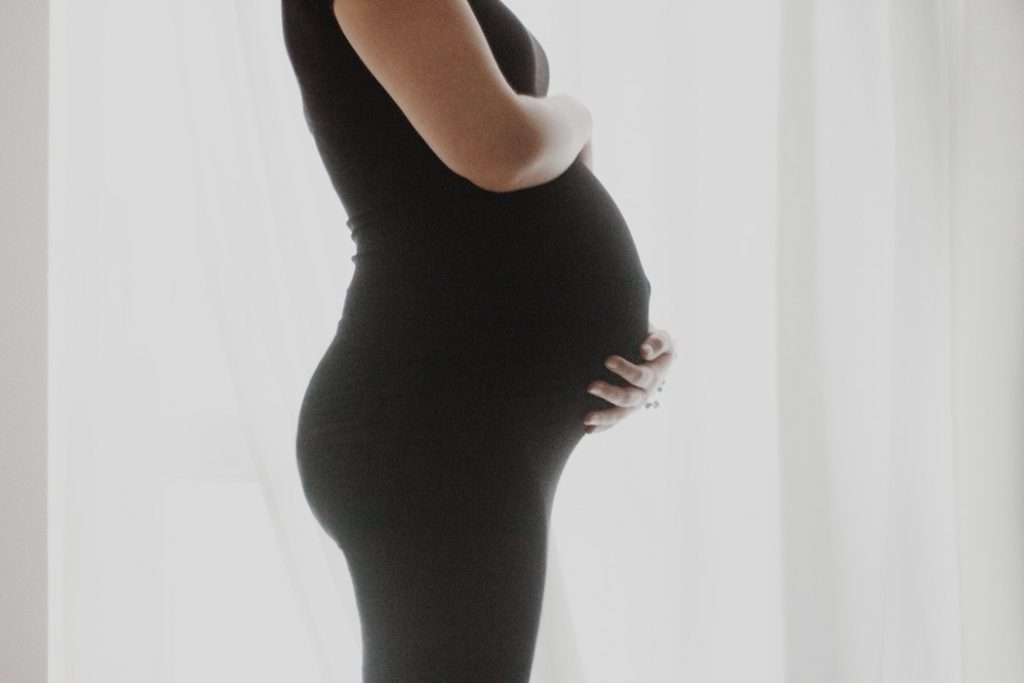
This is no myth; this is a reality. To counteract The Turnaway Study, done by a pro-abortion non-profit and their stats, here are some others:
- Abortion heightens the risk of mental health issues with studies showing that women are 34% more likely to develop anxiety disorders, 37% more likely to develop depression, 110% more likely to rely on alcohol use or abuse, 115% more likely to develop suicidal behavior, and 220% more likely to take on marijuana use or abuse. (2)
- As many as 60% of women having an abortion experience some level of emotional distress afterwards. In 30% of women, the distress is classified as severe. (Hanna Soderberg, European Journal of Obstetrics & Gynecology and Reproductive Biology, 1998)
- A recent literature review concluded abortion is a risk factor for “mood disorders substantial enough to provoke attempts of self-harm.” (John Thorp, Obstetrical and Gynecological Survey, 2003)
- Women who ended their first pregnancy by abortion are five times more likely to report subsequent substance abuse than women who carried the pregnancy to term and four times more likely to report substance abuse compared to those whose first pregnancy ended naturally. (David Reardon, American Journal of Drug and Alcohol Abuse, 2000)
For more information and studies on how abortion does harm women, please visit: https://www.studentsforlife.org/abortionrisks .
And we cannot forget the importance of LISTENING during this time. Statistics are great. But what about the countless stories of women harmed by the abortion industry and the stories of babies born alive after abortion; why are these stories always ignored…always suppressed during discussions of these important studies?
Testimony from an Actual Post-Abortive Mother
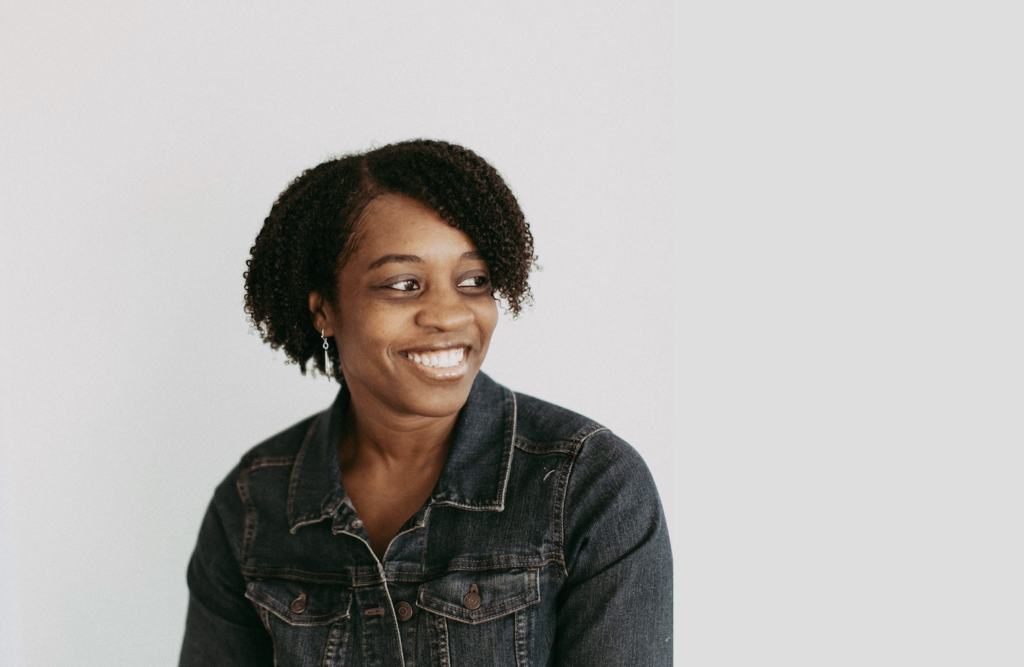 Just to include one, Toni McFadden, SFLA Minority Outreach & Healthy Relationships Director shares her story:
Just to include one, Toni McFadden, SFLA Minority Outreach & Healthy Relationships Director shares her story:
“They say abortion does not hurt women but that does not fit my experience. At the young at of 18, I was not prepared nor was I educated on the repercussions I would endure after I ended the life of my child. Like many young girls, I desired for my life to go back to normal. I wanted to go to college. I did not want my reputation of a good daughter to be exposed as a lie. A baby was not a part of my plan.
At just 7 weeks, I was given the popular RU-486 abortion pills. I took the first set believing what the nurse and abortionist told me. They told me my baby was nothing because it was a size of a pea. They told me that my experience was normal. They painted a picture that I had the opportunity to have my abortion in the comfort of my home. They said there would be some cramping and bleeding that would be a little bit more than my regular period. I remember laying in the back of my best friend’s car secretly crying while she and my soon to be ex-boyfriend carried on a conversation like nothing happened.
They say abortion does not hurt women, but what about those like myself who could have died and have died? The second set of abortion pills that I was to take to expel my baby never worked. I was so uneducated that I thought they did work because I had some bleeding. Two months later, I found out I was wrong when I started hemorrhaging while in school. I was too scared to tell the nurse or my mother when she picked me up so I suffered in silence for fear I would be exposed. I sat on a toilet that seemed like for hours bleeding and excruciating pain, waiting to flush my dead baby down the toilet. No one can prepare a woman for this kind of physical, mental, and emotional pain. I am not surprised by the pro-abortion/pro-death agenda. They are not the ones truly caring for women. They are dismissing the experiences of the very same women like myself that trusted the lies in the first place.”
Toni’s story is impactful, and it’s a reflection of how the abortion industry fails women, but it is just one among many. Instead of focusing on insincere studies, we need to understand that there are real women hurting after abortion. Abortion does not seek to solve problems or heal wounds. It is a temporary patch that our society nonchalantly hands out as the end-all, be-all solution. But it leaves one life lost and another life broken more often than we realize.
If you or someone you know is seeking post-abortive healing, please reach out to Project Rachel, Rachel’s Vineyard, or Silent No More.
Share this post
Recent Posts

Abortion Brags from Lily Allen & Hat from Cynthia Nixon Enrage Even Pro-Choice Americans. Can the Pro-Life Generation Take Some Credit?
11 Jul 2025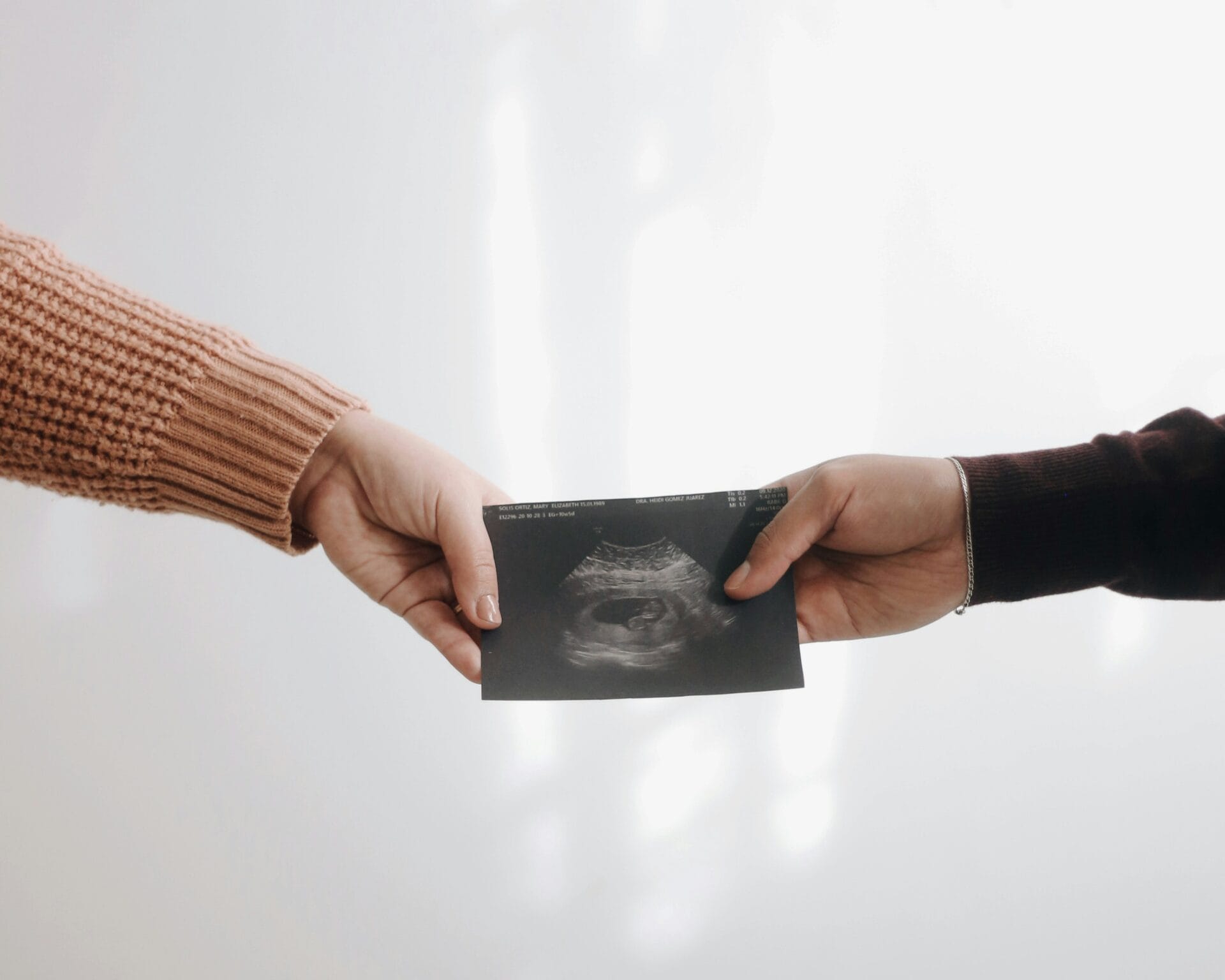
Young Mom Prayed for God’s Hand on Her Child – At Her Ultrasound Appointment, THIS Happened
11 Jul 2025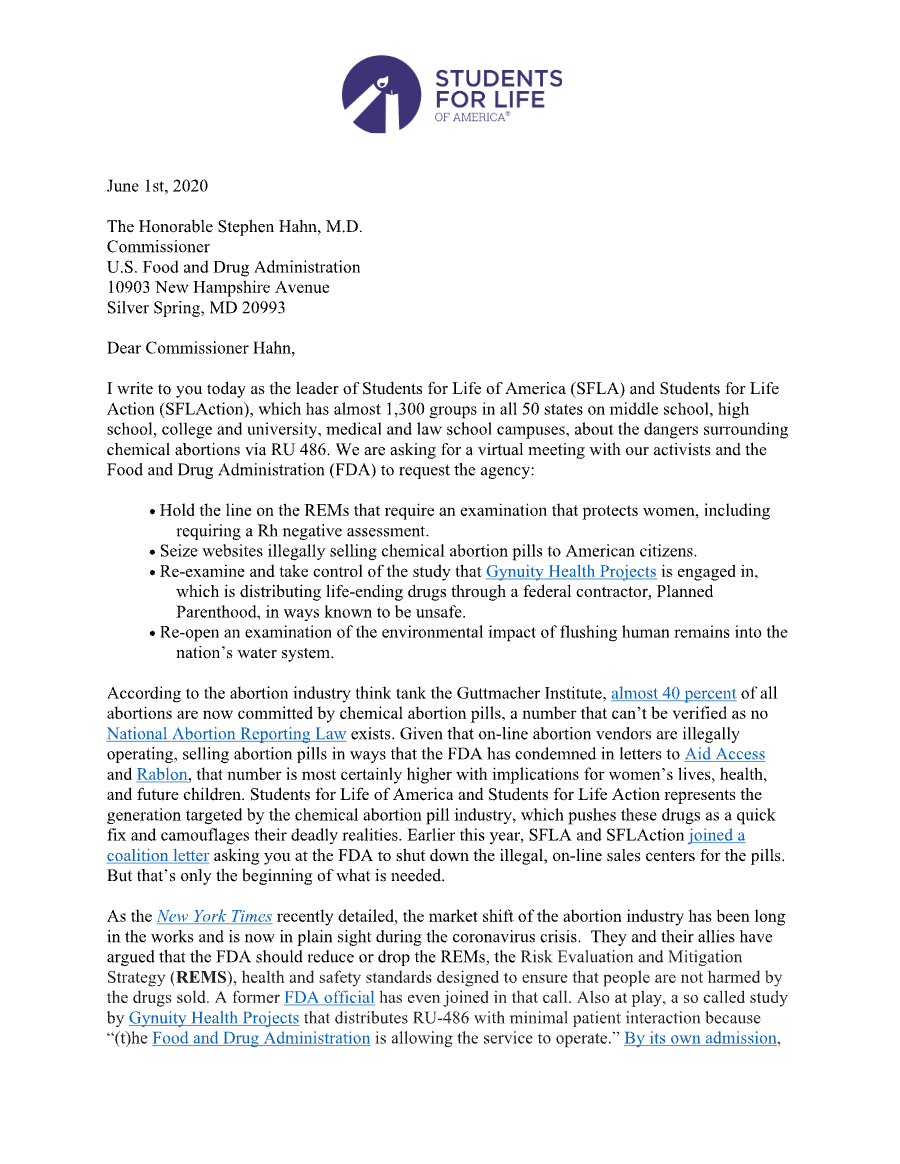
Letter to the FDA Regarding Chemical Abortion Drugs June 2020
10 Jul 2025
